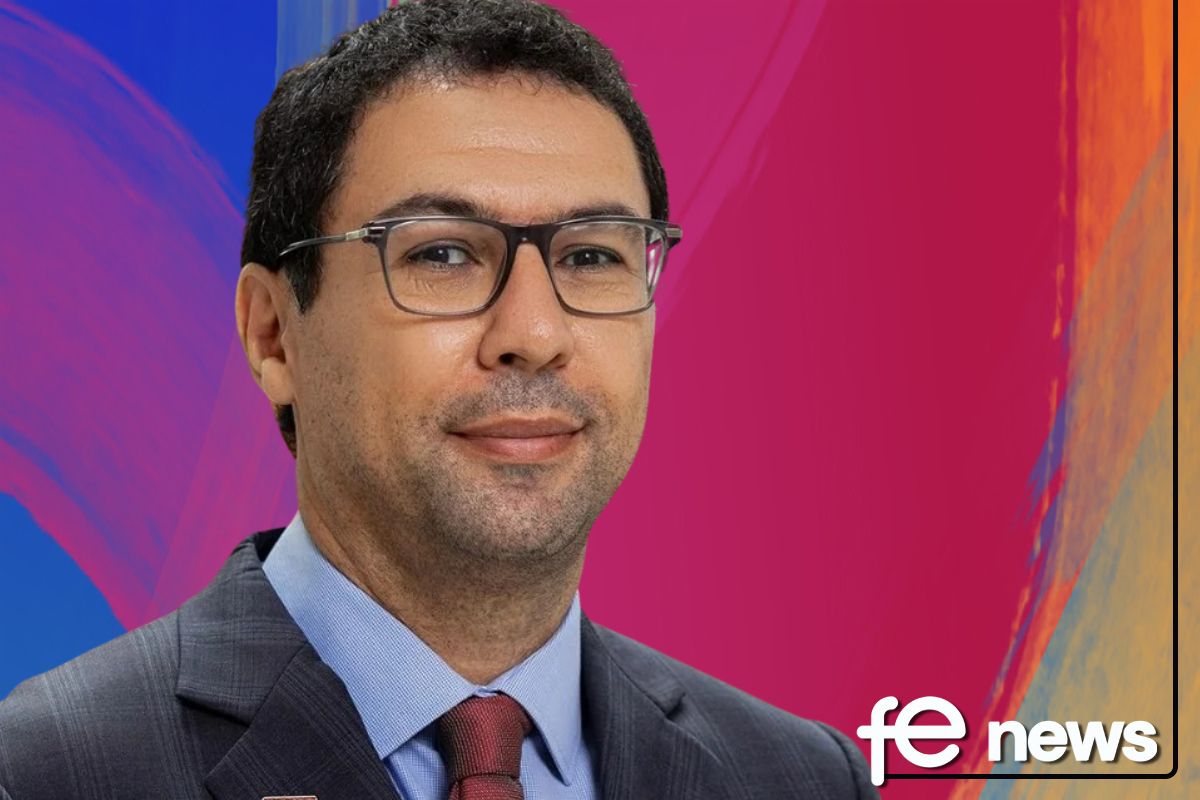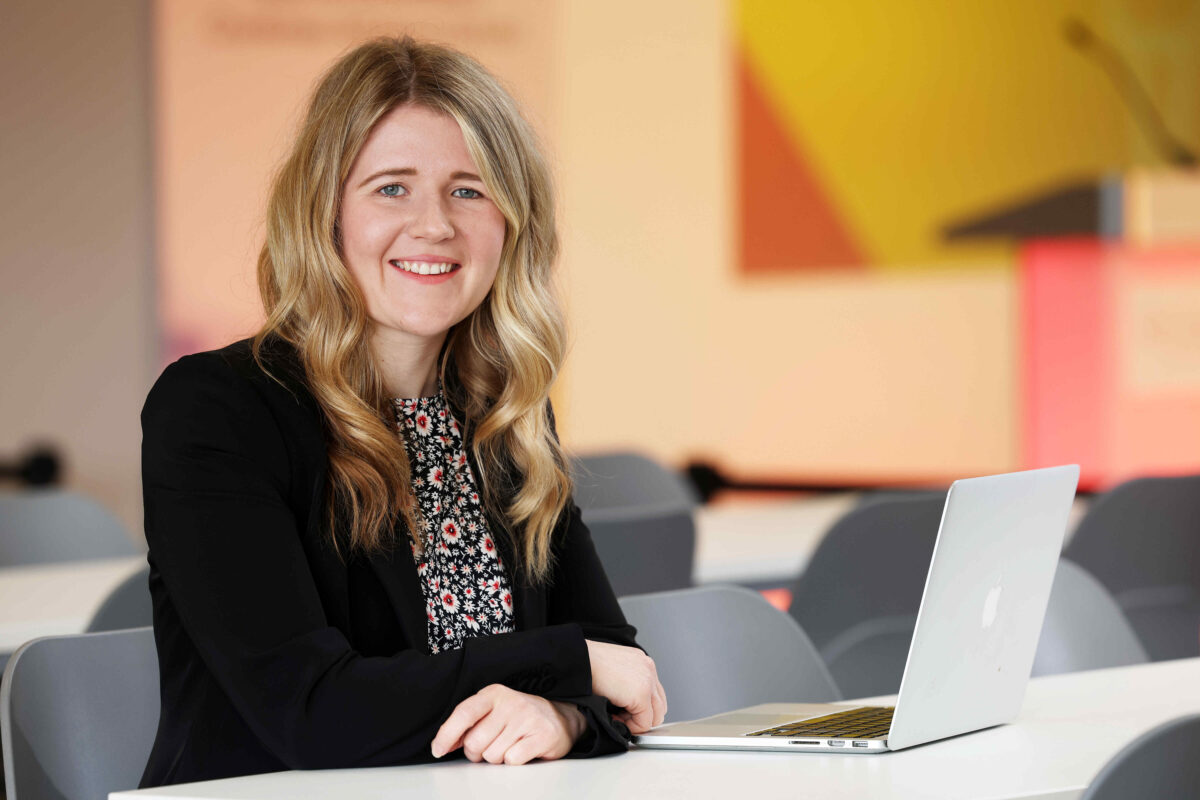Two Thirds of Teachers Paying to Provide Basics for Students

Teachers are increasingly paying from their own pockets to provide basic classroom resources and essentials for the pupils they teach, a survey by the NASUWT-The Teachers’ Union, has found.
Teachers say they are increasingly having to dip into their own funds to buy lesson resources, classroom materials and even food, clothing and toiletries for pupils.
One in five teachers said they buy lesson resources with their own money once a week and more than one in ten (12%) say they do this several times a week, with 64% of teachers saying they have purchased paper or stationery for their classroom, 64% arts and crafts materials and 43% textbooks or reading books.
When asked why they had purchased the resources, over half (53%) said it was because of funding pressures on their school. 30% said it was because the resources they are provided with by their school are increasingly out of date or unsuitable and 28% said their school was choosing to spend money on other things rather than purchasing classroom resources.
63% said that the amount of items they are buying has increased in the last three years, with two thirds saying they are never reimbursed by their school or college and a further 30% saying they are only reimbursed in part.
Nearly half (45%) of teachers say they have also spent their own money buying basic necessities for pupils in the last year, with three-quarters having purchased food, 29% toiletries and 23% clothing or shoes.
Nearly half (47%) say that the amount of basic necessities they are buying for pupils has increased in the last year.
Chris Keates, General Secretary of the NASUWT, said:
“Evidence shows that many teachers are facing financial hardship themselves as a result of year on year pay cuts, and yet faced with increasing child poverty some are shouldering further financial burdens to support their pupils.
“Teachers care deeply about the pupils they teach and will go to great lengths to ensure their needs are being met.
“Teachers once again are being left to pick up the pieces of failed education, social and economic policies.”
Minister for Children and Families Nadhim Zahawi said:
“There is more money going into our schools than ever before, and since 2017, we have given every local authority more money for every 5 to 16 year old in every school and made funding fairer across the country. However, we recognise the budgeting challenges schools face and have introduced a wide range of practical support to help schools and head teachers make the most of every pound on non-staff costs.
“Tackling disadvantage will always be a priority for this government. Employment is at a record high and wages are outstripping inflation, but we know some families need more help. That is why we are making sure that more than a million of the most disadvantaged children are also accessing free school meals throughout their education – saving families around £400 per year.
“The Secretary of State has made clear that, as we approach the next spending review, he will back head teachers to have the resources they need to deliver a world class education.”
Further Background from DfE:
Employment is at a record high, wages are outstripping inflation and absolute poverty is lower than in 2010.
Benefits-based free meals were extended to disadvantaged further education students in September 2014.
We spend around £600million per year ensuring an additional 1.5million infants enjoy a free, healthy and nutritious meal at lunchtime following the introduction of the Universal Infant Free School Meal policy in 2014.
We are also investing £9million to give more access to holiday clubs where they can benefit from activities and a nutritious meal during the summer school break.
Transitional protections were put in place to ensure no child will lose their eligibility for FSM during the rollout of Universal Credit. All children receiving FSM at the point the threshold was introduced on 1 April 2018, and all those who gain eligibility as Universal Credit rolls out, will continue to receive FSM until the end of the roll-out. After this point, these children – if they are still in school – will continue to be protected until the end of their phase of education.
We have protected the core schools budget overall in real terms since 2010, and put an additional £1.3bn into core schools funding across 2018-19 and 2019-20, over and above plans set out at the last Spending Review.
Figures from the Institute for Fiscal Studies show that real terms per pupil funding for five to sixteen year olds in 2020 will be more than 50% higher than it was in 2000.
The government will be funding free sanitary products in England’s primary schools, secondary schools and colleges from early 2020.
While all infant children can benefit from our Universal Infant Free School Meals programme, we are making sure that more than a million of the most disadvantaged children are also accessing free school meals throughout their education – saving families around £400 per year.











Responses